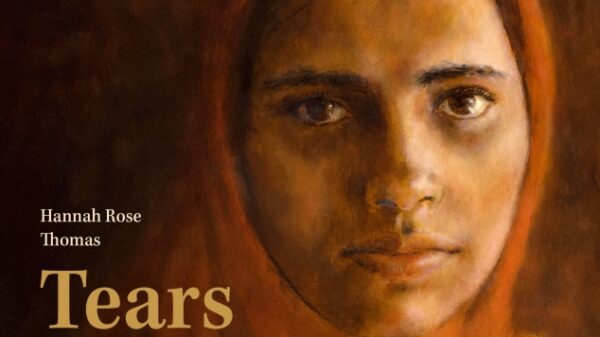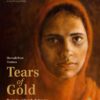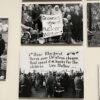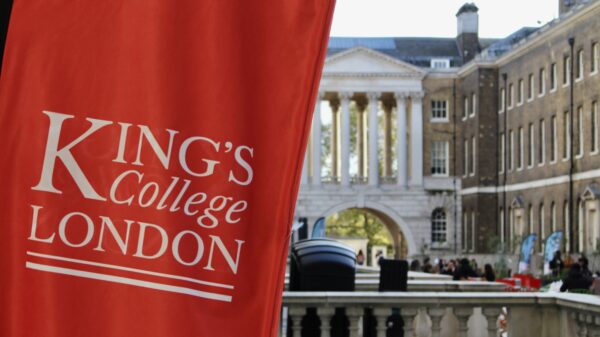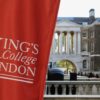Editor-in-Chief Fintan Hogan profiles a charity which supports aspiring students who would be otherwise unable to attend top universities.
Project Access (PA) was founded in 2016 by three students at two prestigious universities – Rune Kvist (Oxford), Anna Gross (Oxford) and Emil Bender Lassen (King’s College London). Despite working on difficult degrees programmes, these three friends chose to devote themselves, not to finding big-money grad jobs or widely-sought internships, but to the foundation of a new charity.
The founding idea behind this new initiative was to realise the potential of young people. The mechanism was simple: PA would reach out to those experiencing hardship and offer tailored support to assist their applications to university. In doing so, they increase the diversity of top universities and help young people follow their passion regardless of the issues that they’ve had to contend with.
Since 2016, Project Access has only grown, but it remains committed to being run by young people, for young people. Emil is still there, now serving as Chair of Trustees, but he’s not the only King’s College London (KCL) alumnus to have joined the initiative. Lukas Popp started to volunteer with PA in February 2021, working as a mentor to advise students who wanted to apply to King’s but felt that they needed more support. Graduating in 2023, he now works full-time as the charity’s CEO.
Lukas says that he began working with PA in “an effort to give back”, as he had felt encouraged to apply to King’s only after receiving advice from someone who was already studying in London. No one from his school had ever even considered studying in the UK before his chance meeting and flash of inspiration. Having successfully applied and joined the University, he wanted to help others in the way he had been helped. Since then, he’s mentored almost 20 aspiring Russell Group applicants from all over the world.
He’s very proud of the structure that’s been built up over the last few years, with campus teams operating “from Stanford to Singapore”. With 125 part- and full-time volunteers, Project Access has grown from the pet project of three aspiring graduates to a world-wide charitable endeavour. Everything that they offer to hopeful students is entirely free, either provided by volunteers like Lukas or sponsored by companies. They focus on getting those who would otherwise have little to no chance into Ivy League colleges, Oxbridge, London universities and other elite institutions like Sciences Po, Zurich and Trinity.
Last year, they had 2,200 applications for support and 700 active mentors. Applicants are screened using a holistic process, assessing if they face any kind of financial, informational, privilege, gender, disability, class or other challenge to their successful application. The charity has now become so well-known that it is “self-enforcing” in the number of applications it receives, says Lukas, with the only limit to the good it can do being the number of mentors which it can encourage to volunteer.
Campus teams across the world attempt to recruit new mentors from current university students who are looking to bolster their CVs. Lukas hopes that his reason for joining chimes with others: “For me, it was realising that university applications are such a daunting and difficult time and then really being able to be that helping hand for someone else. I enjoy providing that support that everyone in the same position would have liked to have in that position.”
Partnerships with universities such as Cambridge has helped in realising PA’s mission – Lukas is even in discussion with King’s over a potential new agreement. They’ve “gone from sustainability to scaling” as an organisation, he says, with a clear three-tier offering of support:
- One-on-one mentorship, matching those attempting to apply to those already in the institution.
- Access to a suite of supportive literature on application, scholarship, funding and administrative barriers.
- Summer boot camps to train students in interview and other ‘soft’ skills.
“Stage two”, says Lukas, “is not only getting them into university, but actually getting them to accept and attend”. He recounts the case of an Egyptian applicant who had a full scholarship to Stanford but was about to decline his offer because he couldn’t afford the flight to the United States. Without his mentor reporting the issue to PA, Stanford would have lost an outstanding scholar, Egypt would have lost a pioneer and a 17-year-old boy would have lost a future.
Those who do want to sign up to mentor for PA can expect two hours of training, access to support videos and to be matched with disadvantaged but aspiring students from around the world. Mentors have complete control over their workload, choosing the number of people assigned to them and being able to access support from a network of colleagues at any time. Those who have questions can visit Project Access’ website or email [email protected].













